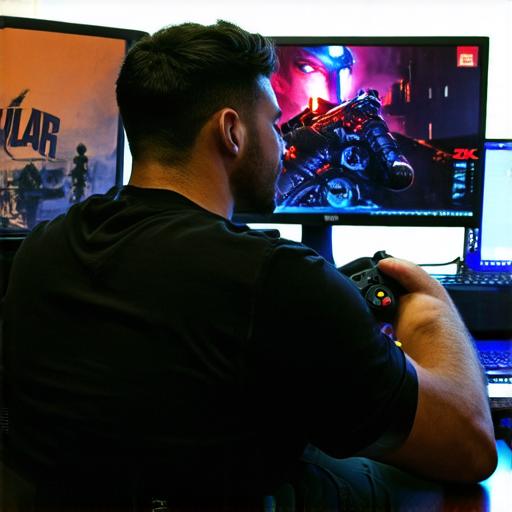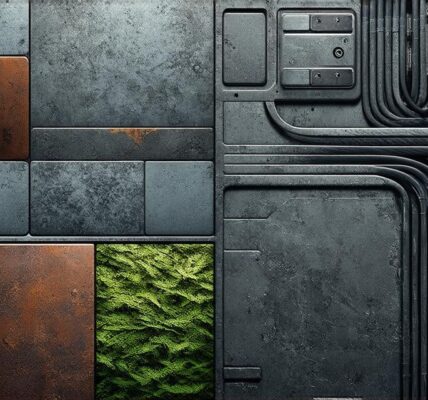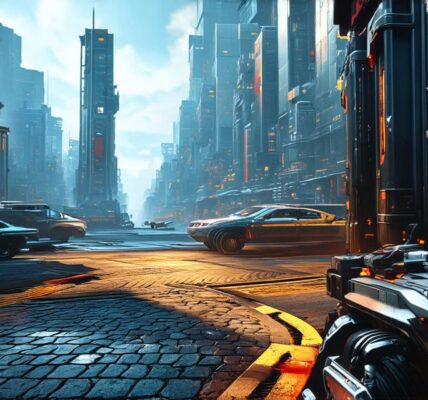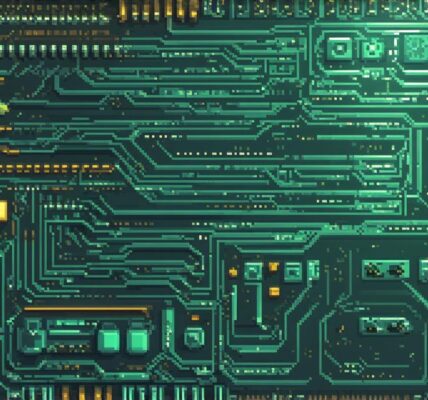What is the Simulation Hypothesis?
The simulation hypothesis posits that our reality could be a highly advanced computer simulation created by an advanced civilization in the future. According to this theory, we’re living in a virtual world that’s indistinguishable from our own reality, and that everything around us is just an elaborate simulation.
Evidence for a Simulated Reality
There are several pieces of evidence that suggest our reality could be a simulation:
- The Fermi Paradox: If extraterrestrial life exists, why haven’t we detected it? Some argue that advanced civilizations in the future may have created simulations of Earth and its inhabitants, so we wouldn’t know if they were there or not.
- The Anthropic Bias: Our understanding of the universe is limited by our own perceptions and experiences. If our reality is a simulation, it’s possible that we don’t even realize it.
- The Uncertainty Principle: Quantum mechanics suggests that our understanding of the universe is limited by our ability to measure it. If our reality is a simulation, it’s possible that there are aspects of the universe that we can never truly understand.
- The Simulation Hypothesis Test: Some scientists have proposed a test that could prove whether or not our reality is a simulation. This test involves measuring certain properties of the universe, such as the age of the universe and the distribution of matter, to see if they match what we would expect in a simulated reality.
Case Studies and Personal Experiences
There are several case studies and personal experiences that suggest our reality could be a simulation:
- The Mandela Effect: This phenomenon involves people recalling events differently than they actually occurred. Some argue that this is because our memories are stored in a virtual reality, rather than in our brains.
- The Glitch in the Matrix: This science fiction movie explores the idea of a simulated reality and has become a cultural touchstone. While it’s just a work of fiction, it raises interesting questions about the nature of our reality.
- Personal Experiences: Some people report experiencing strange phenomena that can’t be explained by conventional science. These experiences could be evidence of a simulated reality.
Conclusion
While the idea of a simulated reality may seem far-fetched, it has gained traction in recent years as technology advances and our understanding of the universe expands. If our reality is a simulation, it raises important questions about the nature of our existence and our place in the universe. Only time will tell if we’re living in a video game or not, but one thing is clear: our understanding of reality is constantly evolving.
FAQs
1. What is the simulation hypothesis?
The simulation hypothesis posits that our reality could be a highly advanced computer simulation created by an advanced civilization in the future.

2. What evidence suggests our reality could be a simulation?
There are several pieces of evidence that suggest our reality could be a simulation, including the Fermi Paradox, the Anthropic Bias, the Uncertainty Principle, and the Simulation Hypothesis Test.
3. Are there any case studies or personal experiences that suggest our reality could be a simulation?
Yes, there are several case studies and personal experiences that suggest our reality could be a simulation, including the Mandela Effect, the Glitch in the Matrix, and personal experiences reported by some people.
4. What does this mean for our understanding of reality?
If our reality is a simulation, it raises important questions about the nature of our existence and our place in the universe. Our understanding of reality is constantly evolving, and only time will tell if we’re living in a video game or not.




